With our world waking up to the realization some everyday products contain forever chemicals known as PFAS, per- and polyfluoroalkyl substances, scientists and engineers are working to find the most cost-effective, efficient, and environmentally responsible way to remediate them. The financial and technical challenges of remediating PFAS are cause for serious concern. With over 2,300 contaminated sites across the United States to clean-up, we need an efficient method for removing these toxic chemicals from our water, soil, and biota. But remediation efforts currently face two enormous hurdles: who will pay, and how will we clean up the environmental mess we are just beginning to uncover?
SWB Shows Renewed Focus on Constituents of Emerging Concern
Man-made chemicals are everywhere in our modern world—in pharmaceuticals, health care products, pesticides, and cookware. But a vast array of the same chemicals present in our household goods also contaminate our environment and aquatic ecosystems. These Constituents of Emerging Concern, or CECs, are gaining notoriety as potential hazards to marine environments, aquatic wildlife, and human health. In response to rapid advancements in testing and a growing body of literature surrounding emerging contaminants, the Southern California Coastal Water Research Project (SCCWRP) was asked by the State Water Board (SWB) in April 2020, to reconvene the CEC Ecosystem Panel. The panel, tasked with updating previous recommendations for monitoring CECs, is on track to produce a new report by…
CARB and a Green, Energized Future for Riverside
After four years of construction and a decade of planning, CARB (California Air Resource Board) will open the doors to their new facility in Riverside. The new facilities will expand CARB’s vehicle emission testing capabilities and provide vital, advanced equipment for air quality and climate change research. The facility’s close proximity to the University of California Riverside’s (UCR’s) campus also creates new opportunities for CARB and UCR to invest in cooperative environmental programs.
Since 1967, CARB has spearheaded California’s efforts to address air pollution and climate change. Prior to the creation of CARB, California had some of the worst air quality in the country. Sunny weather combined with…

